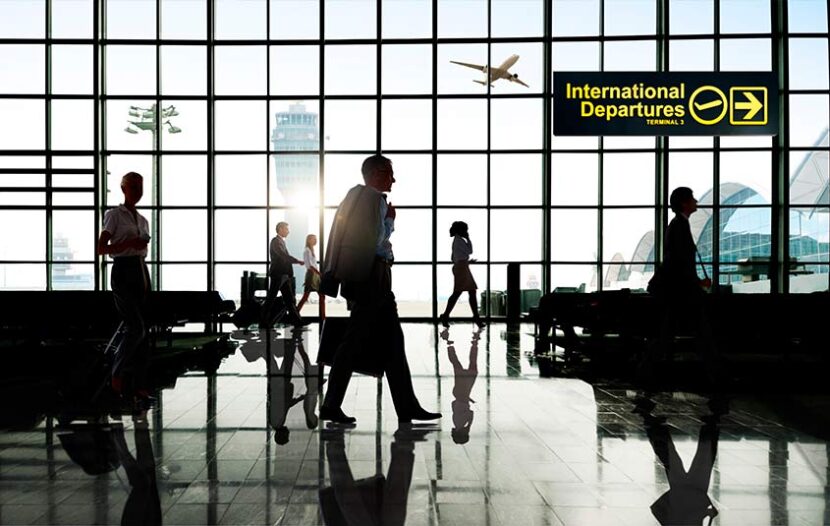GENEVA — IATA has responded to newly introduced border and ******** testing measures implemented by several countries, including Canada, for travellers from China.
Canada announced on Dec. 31, 2022 that all air travellers aged two and older coming from China, Hong Kong and Macao will have to test negative for ******** before leaving for Canada, starting on Jan. 5, 2023.
Several countries, including the United States and *******, have also reintroduced pre-flight ******** testing mandates for people flying from China, while others like Japan and Italy are requiring testing upon arrival and quarantine measures for those who test positive for ********.
Said Willie Walsh, IATA Director General:
“Several countries are introducing ******** testing and other measures for travellers from China, even though the ***** is already circulating widely within their borders. It is extremely disappointing to see this knee-jerk reinstatement of measures that have proven ineffective over the last three years.
“Research undertaken around the arrival of the Omicron variant concluded that putting barriers in the way of travel made no difference to the peak spread of **********. At most, restrictions ******* that peak by a few days. If a new variant emerges in any part of the *****, the same situation would be expected.
“That’s why governments should listen to the advice of experts, including the WHO, that advise against travel restrictions. We have the tools to manage ******** without resorting to ineffective measures that cut off international connectivity, damage economies and destroy jobs. Governments must base their decisions on ‘science facts’ rather than ‘science politics’.”
Experts have also come forward to question Ottawa’s move to restrict travel from China, saying that compulsory ******** testing are politically motivated and will not help in preventing new variants or the spread of the *****.
Several European Union nations are currently fine-tuning a coordinated response to China’s ******** ****** and are zeroing in on travel restrictions. China has already vehemently rejected travel restrictions that some EU nations have started to impose and has warned of “countermeasures” if such actions should be expanded in coming days.
Yet on Wednesday, EU Commission spokesman Tim McPhie said that the “overwhelming majority of countries are in favor of” imposing testing of passengers from China prior to departure. The EU nations were seeking an official stance on the issue later in the day.
After threatening countermeasures on Tuesday, Chinese government spokesperson Mao Ning said Wednesday that “we sincerely hope that all parties will focus on fighting the epidemic itself, avoid the politicization of *****.”
Still, the EU seems bent on taking some sort of joint action to ensure incoming passengers from China do not transmit any potential new variants to the continent. Sweden, which holds the EU presidency, said in a statement that “travelers from China need to be prepared for decisions being taken at short notice.”
Fearful of being caught unawares like at the outset of the global ******** in early 2020, the EU Integrated Political ****** Response group is now slated to make a decision later Wednesday.
As well as pre-departure testing, EU nations are likely to agree on special testing of wastewater in planes coming from China to see if it contains dangerous variants that are not common on the continent yet.
Over the past week, EU nations have reacted with a chaotic cascade of national measures to the ****** in China, disregarding an earlier commitment to act in unity before anything else.
Italy was the first EU member to require *********** tests for ******* passengers coming from China, but France and Spain quickly followed with their own measures.
With file from The Associated Press

